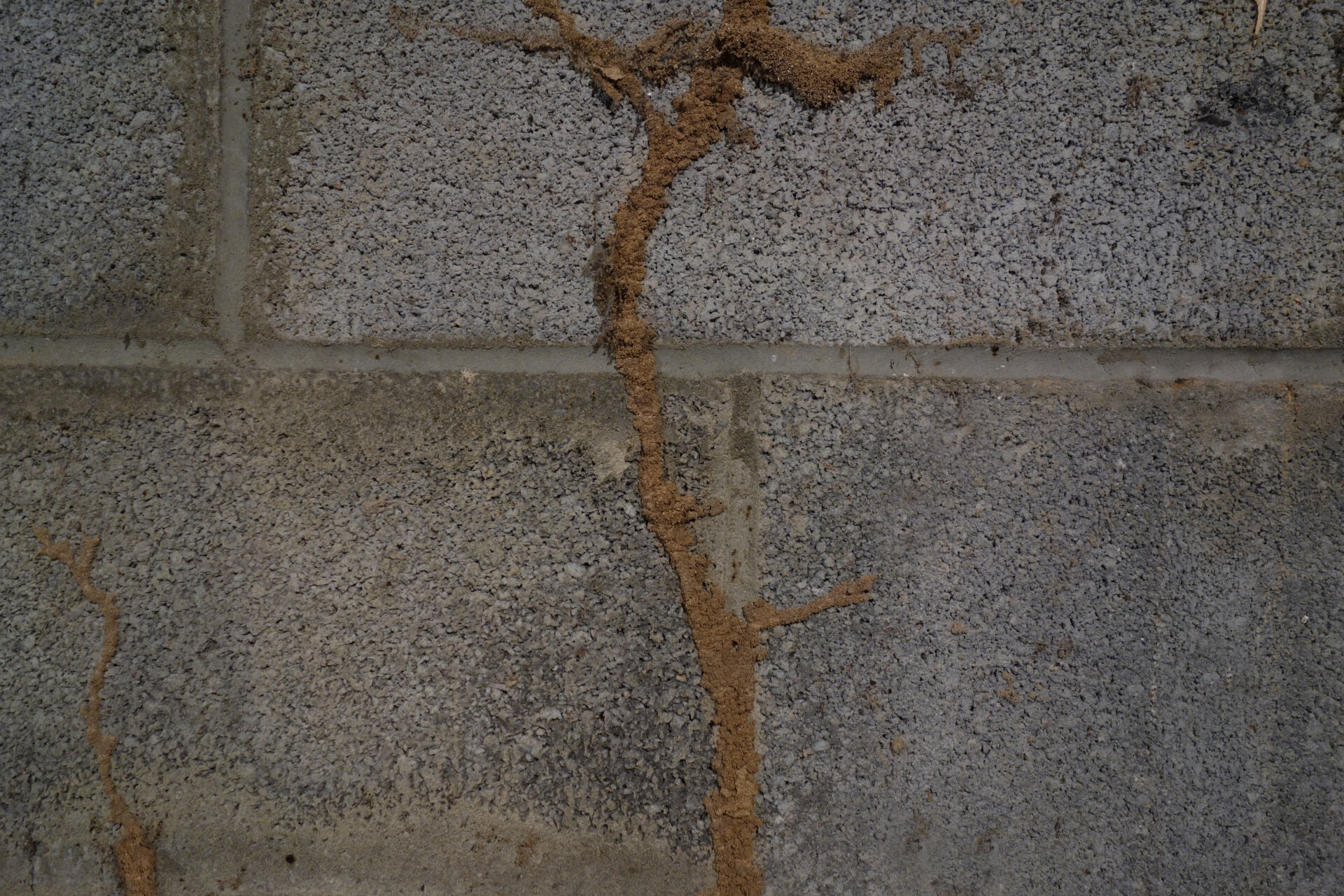When you think of termites, do you think of them chewing on wood in the summer heat? Like most things, we consider insects, including termites, to be most active from spring to fall when outside temperatures are hot or at least warm.
Termites live in nearly every region of the United States, including Hawaii. In fact, Alaska is the only US state without termites due to its temperate to arctic climates.
The states with the most termite activity are those in the southeastern region of the country, especially Florida and Georgia. Termites love the hot, humid weather that accompanies the south’s subtropical climate because it creates an ideal environment for breeding and foraging.
But what do termites do in the winter? This month, we’re diving deep into termite behavior in cold or freezing temperatures.
Are Temites Active in the Winter?
Since termites thrive in the heat of a hot, humid summer, it’s easy to assume termite colonies die off in the winter months. But that’s not necessarily the case. There are a couple of ways termites can survive the lower temperatures that tend to last from late fall to early spring.
Termites Can Burrow Deep Underground
When the weather drops to cold or freezing temperatures, many termite species, like subterranean termites, burrow deeper into the ground, where the soil remains unaffected by whatever is happening above it.
Termites Can Make Their Way Inside Through Your Wood Structures
If termites have found their way into a home with wooden structures to inhabit (such as boards and beams, pieces of furniture, and other wood-based items), and the house is well heated throughout the season, the termites inside are likely to thrive in the warm environment they have found.
What Are Signs of Termites in the Winter?
If you suspect termite activity in the winter, particularly termite activity in your home, keep your eye out for the following signs and signals:
Mud Tubes

Whether it’s winter or summer, termites do not travel above ground or allow themselves to be exposed to the elements as they make their way from the colony to your home. Instead, they build mud tubes that act as a barrier between the insects and the above-ground world.
If you spot long, tubular structures attached to your exterior walls that travel from the ground to an opening into your home, you likely have a termite colony that has made its way inside.
Mud tubes are often spotted on:
- Crawlspace walls
- Exterior walls
- Concrete slabs
Hollow or Warped Wood
If exposed beams or wooden structures sound hollowed out when tapped or knocked, it could indicate termite damage. You may also notice floors, walls, or ceilings that bow in or buckle. Sometimes, the floor or ceiling may sag. All of these issues can be caused by wood pieces warping as termites destroy their structural integrity.
Doors and Windows That Do Not Function Properly
If termites have found a door, door frame, window sill, or window frame, it could lead to malfunction of either. Doors and windows with termite damage may “stick” when opened or shut, or they could become impossible to open or shut at all.
Termite Frass
As termites chew through a home, they leave behind piles of droppings, also called frass and sometimes referred to as termite pellets. Termite frass can resemble sawdust, sand, ground coffee, or even salt and pepper and has a coarse, gritty texture similar to sawdust.
When walking through your home, note any strange sawdust-like piles around baseboards, doors, and windows.
Can You Treat Termites in the Winter?
It is very possible to treat termites in the winter. In fact, many believe it is the most ideal time of the year to install preventative termite baiting stations or treat an active termite infestation since the colder weather can make their behaviors more predictable and make the insects themselves easier to target.
Solutions like Sentricon® Baiting Stations, Termidor® liquid termiticide, and Bora-Care® termiticide work to prevent termites from reaching your home.
If you have an active termite infestation at your home or building, Termidor® works to kill active termites and prevent new colonies from making your home their new feeding ground.
If you’re worried that termites are active this winter, talk to Bizzy Bee Exterminators about our termite control services.
We offer the termite treatment you need to keep termites away from your home or building for good, regardless of the season.
Call us for termite control today: 1-800-273-4958
Recent Articles
